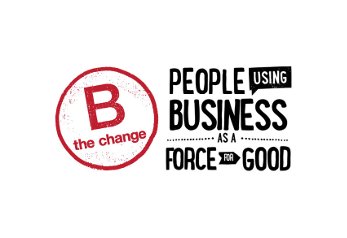The title says it all: Getting Better: Why Global Development is Succeeding—and How We Can Improve the World Even More. The book’s author is Charles Kenny, a senior economist on leave from the World Bank and a fellow at the Center for Global Development and the New America Foundation. In making his case, Kenny is going up against some notable critics. Recent books by writers like Dambisa Moyo and Matt Ridley have depicted aid as wasteful and even damaging to societies. The author notices that income is only one measure of success and maybe not the most meaningful one. Kenny shows that quality of life—even in the world’s poorest countries—has improved dramatically over the past several decades, far more than most people realize. Moreover, with reams of solid data to support his case, he argues that governments and aid agencies have played an important role in this progress. Fifty years ago, more than half the world’s population struggled with getting enough daily calories. By the 1990s, this figure was below 10%. Famine affected less than three-tenths of 1% of the population in sub-Saharan Africa from 1990 to 2005. Family sizes have fallen for many decades now in every region, including Africa. Virtually everywhere, infant mortality is down and life expectancy is up. In Africa, life expectancy has increased by 10 years since 1960, despite the continent’s HIV pandemic. Nearly 90% of the world’s children are now enrolled in primary schools, compared with less than half in 1950. Literacy rates in the sub-Saharan region have more than doubled since 1970. Political and civil rights also have gained ground. Kenny recommends focusing development aid on helping to spread such ideas and the cheap technologies that can measurably improve quality of life. He suggests, among other things, that we create a global technology bank to fund research or award prizes for advances that particularly benefit the world’s poor. After years of doom and gloom on the subject of foreign aid, it is refreshing to find so thoughtful and contrarian an approach to the topic. Charles Kenny shines a light on the real successes of aid, and he shows us the benefits that additional smart investment can bring.
Related Articles
Patient, but very efficient capital
what is a transformative social investment?
a brief history of Fair Trade
A helping hand for the wealthy
discovering Madeira Global
the Incredible Edible network
Redefining success in business
the B Corp movement
Who will bring us the capital?
the work of Community Reinvestment Fund
The only way is Up, whatever your income
the mission and programs of Year Up
How Hoxby challenged the 9-5, and created the « workstyle » revolution
UK : Alex Hirst and Lizzie Penny, Co-Founders and Joint CEOs of The Hoxby Collective, present their social enterprise at OLBIOS.
Will we ever manage the global economy?
Michael Spence and the future of growth
Lesley Marincola and the Angaza design
![]()
STAY IN TOUCH
SUBSCRIBE TO OUR NEWSLETTER
AND RECEIVE OUR LATEST STORIES










